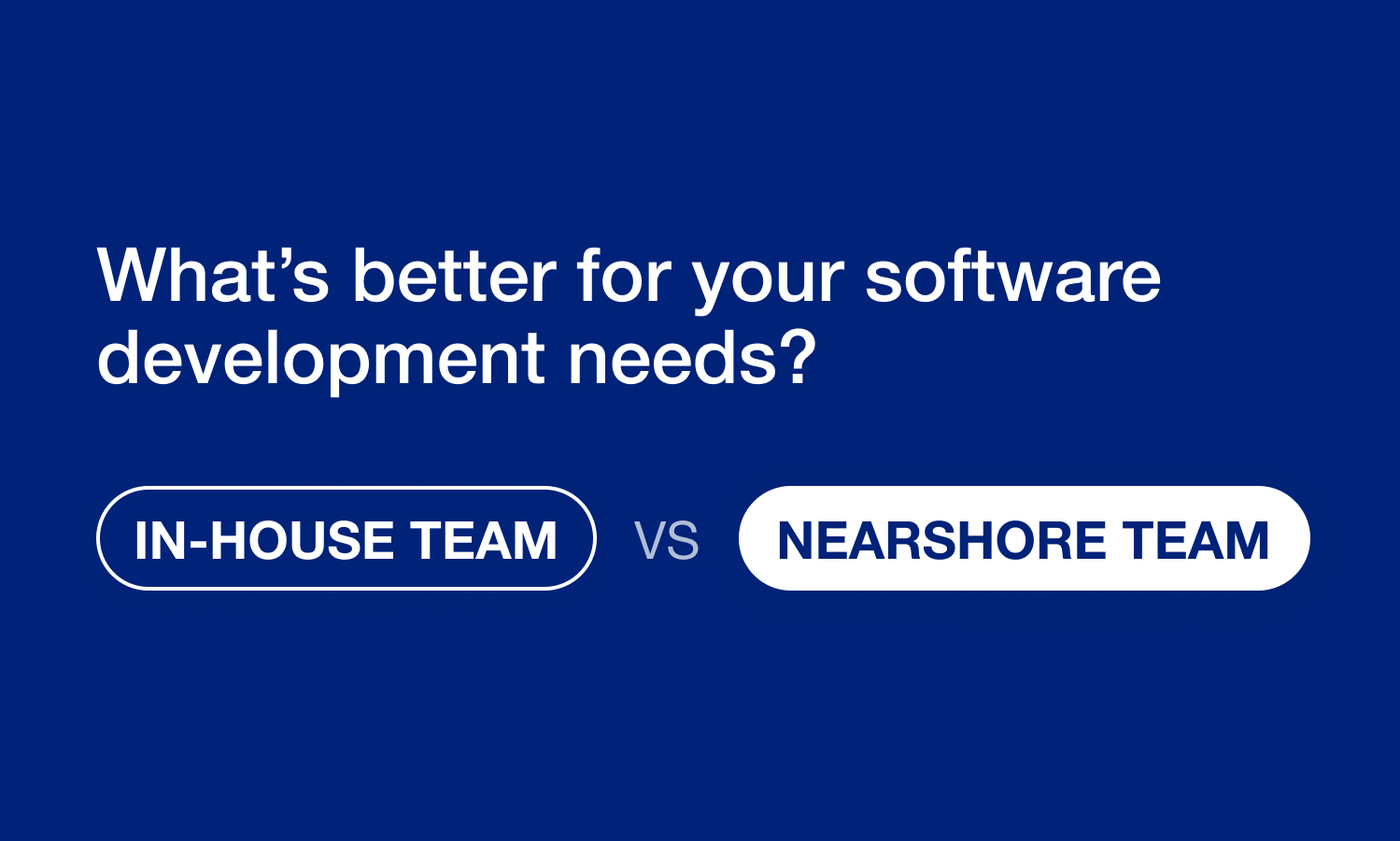 Back
BackDiscover the risks of using AI for your business processes, find out how to avoid them, and analyze policies of AI code generation tools to check their safety.
Applying AI for process optimization is a new direction that opens up endless opportunities for businesses of all sizes. As companies increasingly integrate artificial intelligence into their development routines, there are more and more talks arising about the risks of AI. In fact, 52% of consumers are concerned about data privacy surrounding AI.
Currently, many countries are working on legal changes to adapt to the new realities of using artificial intelligence. However, there are still lots of challenges we need to overcome.
Does this mean that you need to avoid artificial intelligence in work and daily routine? Of course not. To take advantage of innovative solutions without harming your company, you need to be aware of the risks in using artificial intelligence and ways to overcome them. Read more about them in this article.
It’s important to highlight that AI is the simulation of human intelligence processes. Computer systems analyze huge datasets, collect insights on specific patterns, and then use this information to provide you with necessary results.
From design to content writing, from code generation to customer service — the AI-based solution always needs data input. And this is one of the main risks of AI technology.
Most big tech companies have databases with confidential information, including PII (Personally Identifiable Information) and IP (Intellectual Property). This can include data about their clients, technology information, contacts of providers and partners, etc. To make AI work effectively and integrate it into your processes, you need to share this information. As a result, this may lead to data leakage, as AI development companies get your confidential data stored on their servers.
Another reason to improve risk management while using AI is that employees can delegate their work to artificial intelligence. In this case, the situation gets out of your control. Business owners don’t know what information is shared and face commercial threats that can harm their reputation and processes in the company.
So, how to get benefits and avoid the risks of AI?
When it comes to the question ‘What are the risks of AI?’, there’s one more important problem. If artificial intelligence generates pieces of code, who is its owner? The question is kept unanswered.
The global AI market’s limited transparency worries 75% of CEOs. And the only way to discover whether your company will face some intellectual property issues after using AI for writing code is to check the terms and conditions of the tools you use.
For you to avoid the risks of AI and keep calm about your business privacy and data safety, we’ve analyzed the 4 most popular artificial intelligence tools and collected data from their terms and conditions.
As you see from the terms and conditions, there is little risk in using the most popular AI tools for healthcare, banking, e-commerce, or any other industries. However, we’ve covered only a few products from a handful of mainstream companies, many more are out there that may have a different approach. What’s more, there still can be hidden dangers to your company’s privacy that aren’t stated in such documents.
Thus, we recommend being diligent in deploying artificial intelligence development tools within your business. Always consider these risks of using AI and organize your in-house team to apply it responsibly, checking the terms of use. You can also collaborate with a trustworthy development partner that will take care of your data safety and intellectual property.

